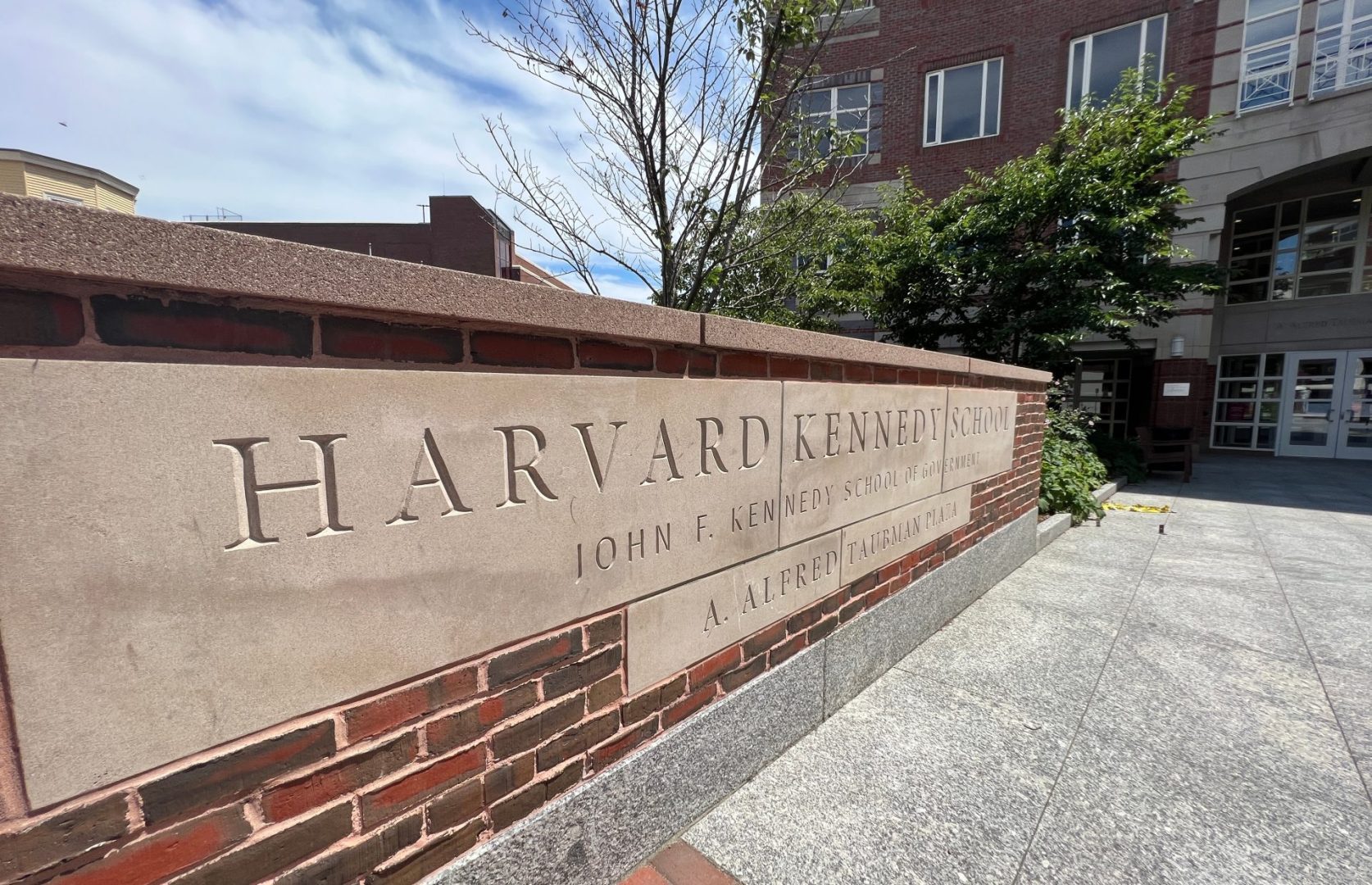In a powerful display of solidarity, Harvard University professors organized a “study-in” at the Widener Library on Oct. 16, to support pro-Palestine students who faced disciplinary action for their peaceful demonstration in September. This incident has sparked significant discussion about academic freedom, protest rights and the role of universities in social justice movements.
The background of the protest
Last month, pro-Palestine students held a silent protest at the Widener Library, a prominent academic space at Harvard. Following this demonstration, the students were banned from the library for two weeks, raising concerns about the university’s commitment to free expression and the rights of its students.
Faculty response and actions
In response to the sanctions imposed on the students, faculty members donned black scarves and engaged in a silent reading session, choosing texts that resonate with themes of dissent, bureaucracy and censorship. Notable works included Franz Kafka’s The Trial and George Orwell’s 1984, alongside the University-Wide Statement on Rights and Responsibilities, which has been cited by Harvard officials to justify the penalties against student activists.
Prior to the protest, a letter was sent to Martha J. Whitehead, the vice president of Harvard Library, and Ann M. Blair, the chair of the faculty advisory council for the library system. The letter expressed concerns about potential restrictions on faculty access to essential scholarly resources due to their participation in the protest. The faculty emphasized the importance of having access to these resources for their teaching, research and writing responsibilities.
Security measures and concerns
To ensure control during the protest, external safety officers from Securitas were present at the library. These officers collected the names and ID numbers of all professors and students entering the library during the silent protest. Participants were also given warnings about the possible repercussions of their actions, which included the potential revocation of library privileges and disciplinary actions for violating protest guidelines.
University’s stance and faculty perspectives
Following the protest, Jason A. Newton, a representative for Harvard, stated that the university and library system would continue to gather information regarding the actions that took place in the Widener Library before determining the next steps. This response has left many questioning the university’s commitment to academic freedom and the rights of its community members.
Andrew M. Crespo, a professor at Harvard Law School who participated in the protest, voiced his concerns about the characterization of the silent protest as disruptive. He argued that a library should be a space for quiet reflection and study, and that reading quietly at a table should not be deemed disruptive behavior. Crespo’s comments highlight a broader debate about the nature of protests and the spaces in which they occur.
The importance of academic freedom
This incident at Harvard underscores the ongoing struggle for academic freedom and the rights of students and faculty to express their views on pressing social issues. As universities continue to navigate the complexities of free speech, dissent and institutional policies, the actions taken by Harvard faculty serve as a reminder of the vital role that academic institutions play in fostering open dialogue and supporting social justice initiatives.
The solidarity shown by Harvard faculty in support of pro-Palestine students reflects a growing awareness of the need for academic institutions to uphold the principles of free expression and social justice. As discussions surrounding these issues continue, it is crucial for universities to create environments where diverse perspectives can be shared and debated without fear of reprisal.
In a time where activism is increasingly important, the actions taken by both students and faculty at Harvard serve as an inspiring example of how academic communities can come together to advocate for change.















